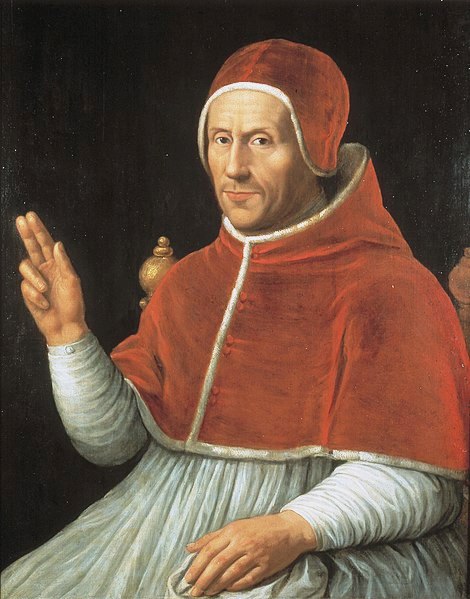Adrian VI (1459-1523)
Adrian VI (pope, 1522-1523), born Adrian Floriszoon in Utrecht, Holland, in 1459, was the last non-Italian pope and one of the most unique figures in papal history. A scholar and theologian of significant repute, he served as a professor of theology at Louvain, where he earned a reputation for his austere piety and intellectual rigor. Adrian became a trusted tutor and confidant to Emperor Charles V, who elevated him to the bishopric of Tortosa in Spain in 1516. Shortly thereafter, he was named regent over the kingdoms of Aragon and Castile, assuming the title of Grand Inquisitor. His influence in the Spanish court and his steadfast loyalty to Charles V earned him a cardinalate from Pope Leo X in 1517.
Adrian's election to the papacy came during one of the most tumultuous periods in Church history, as it faced the twin threats of Lutheranism in the north and the advancing Ottoman Turks in the east. A staunch defender of Catholic orthodoxy, Adrian condemned Martin Luther as a heretic, refusing to entertain theological compromise. His zeal for reform extended beyond addressing heresy; he was deeply committed to eradicating corruption within the Church itself. However, his efforts to impose stricter discipline and accountability alienated many in Rome, who resented his foreign origin and uncompromising rigor.
Adrian's short pontificate of less than two years prevented him from fully implementing his vision, but his ideals left a lasting legacy. His uncompromising stance and commitment to reform would inspire the Catholic Reformers who followed, and he is often regarded as a forerunner of the Counter-Reformation. Though his tenure was brief, Adrian VI's papacy marked a critical moment in the Church's history, reflecting the challenges of reform and renewal during a time of profound crisis.
